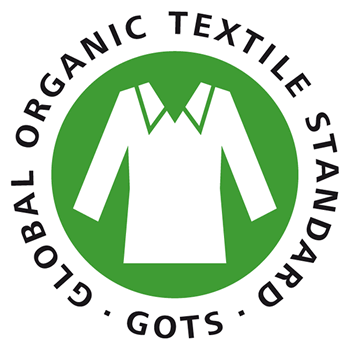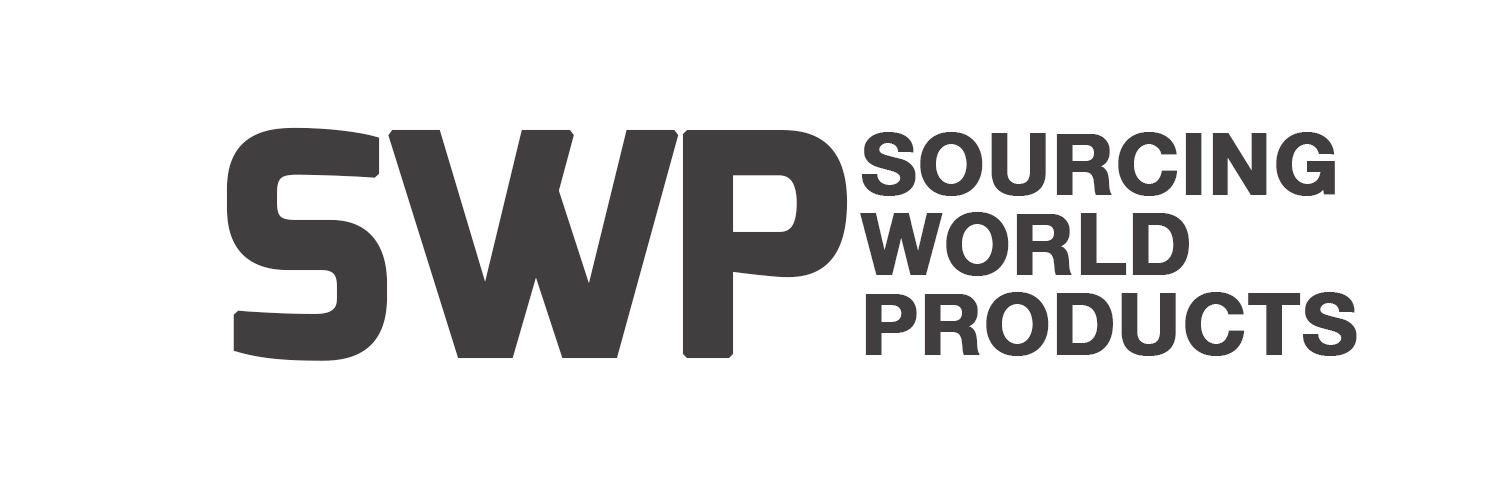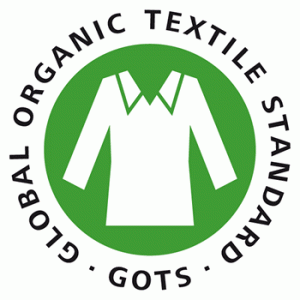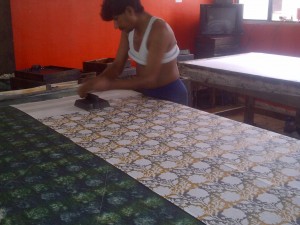
As we are currently developing a range of organic fashion products for a brand, we wanted to explain you through a new article how the production of organic textiles in India works.
Our partner –
Seven years ago, Vikram decided to start his own business in the textile industry. He was worried about environment and felt that he should get involved in an eco friendly process. He also found out that organic industry is growing fast in Europe. That’s why he decided to start producing organic textiles. He got in touch with SKAL (a Dutch organization that delivers organic certifications) to comply with quality organic criterias requested by first customers.
The first years went pretty well and after 4 years, Vikram decided to make his factory compliant with GOTS, which is the worldwide reference for organic products.
What is GOTS (Global Organic Textile Standard) ?
GOTS set up a monitoring system in order to prove that the product is organic at all points ; from the cotton fields to the finished product in stores.
A certificate is delivered in each production stages:
- The farmer who provides cotton to the mill
- The cotton mill who provides the cotton to the weaving plants.
- The weaving plants who provides the cotton to the dying units.
- The dying units who provide the fabric to the manufacturer.
- The manufacturer provides a certificate to his clients.
Each of these certificates is delivered by GOTS only, and not from the actors of the supply chain themselves.
The certificates guarantee that:
– The Cotton is organic and was not genetically modified.
– The weaving process respects the environment.
– The dye is « eco friendly ».
– The printing on the textile products are applied by certified printers and are only water based.
– All the used oils and waters are given to a recycling company.
– All trims and accessories on the products such as buttons, labels, polybag… are biodegradable.
The GOTS certification also implies social rules in the factories :
– Children’s work is forbiden.
– 48h work per week. If the employees have to work more, extra hours are being paid to them.
– Each employee has to follow some mandatory trainings such as first aids courses, fire prevention…
– Water provided to the employees is regularly tested.
- The people who are in charge to serve food&drinks to the employees have to pass regularly medical tests to make sure they don’t transmit any disease to them.
More information on – http://www.global-standard.org/fr/
To go further…
To go further on the respect of the environment and the wellness of his employees, Vikram settled up the following systems:
- The employees have their own committee where they gather to discuss their issues and then report them to the head office team (For example : They need a new AC because it’s too hot in the workshop)
– The employees have access to professional courses to increase their knowledges and skills and have a better technical background.
– They have a retirement pension fund and a mutual insurance with their company.
- The wastage of the fabrics during the cutting are given to an NGO in Faridabad (India) that will use them to make patchwork objects (note pads, wallets…)
A few words about organic market in India.
India is a country that is very price sensitive and that is not really helping organic products.Therefore, the new Indian class that is more rich, well educated and involved in environment problems start to show some interest in the organic products. We can say that India’s organic market is growing. Find below a few new organic companies based in India:
http://www.isayorganic.com/ – Vegetables and fruits delivery
http://www.farm2kitchen.com/ – Online organic product sales (exclusively food and drinks).
http://organicshop.in/ – Online organic product sales.
And much more…
The downsides of the bio textile production:
There are few downsides when producing organic textiles in India.
1- Prices are higher than non organic products.
2- Minimum quantities are quite large for the fabrics and the dyeing.
3-A GOTS certified manufacturer will have more overhead costs. These costs have to be absorbed by your orders, that is why required quantities are generally bigger.
About us – We are Sourcing Wold Products (SWP). A fashion buying house based in Paris and Delhi, we assist brands and companies in their sourcing and manufacturing of textile, ready to wear and accessories products. – www.sourcingtextileinde.com
0 Comments
Leave a reply
You must be logged in to post a comment.



